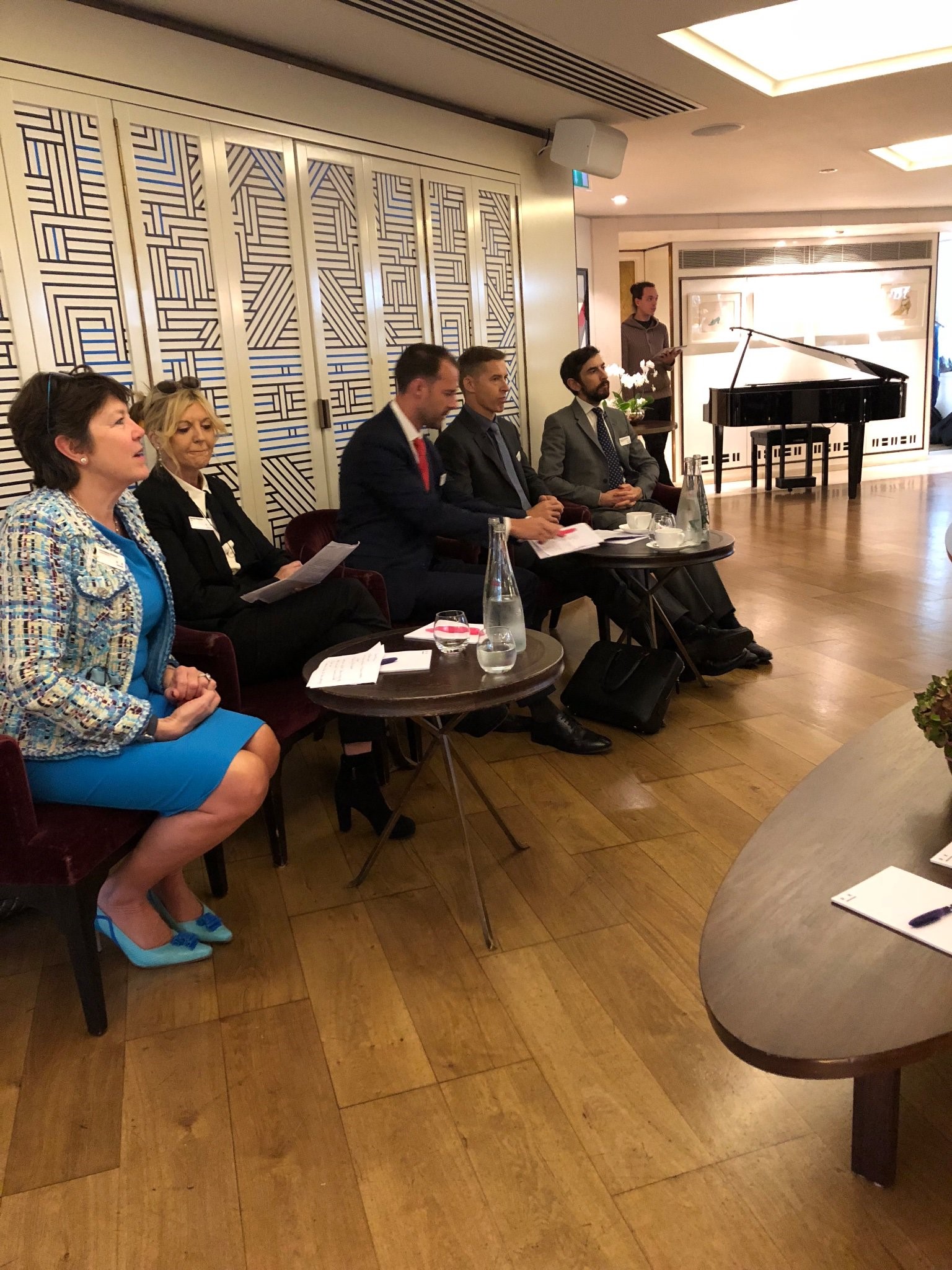18 September 2018
The UK has never been better equipped to fulfil its role as international leader in enforcement of debts.
An unprecedented range of measures are now in place to enable the tracing of assets and the recovery of debts, experts told a seminar on debt enforcement today.
Debtors are going to ever more extraordinary lengths to conceal assets which could be used to settle claims and the pursuit of debts has become equally challenging and requires highly sophisticated strategies to secure successful results.
Speaking at the seminar, hosted in London by leading City-based solicitors Rosling King (RK), Sarah Keeling, a managing director in the Berkeley Research Group’s global investigations and strategic intelligence practice, said: “The tracing of assets is now more complex than ever, most investigative practices use similar systems and technologies. However, what really makes the difference is to combine rigorous research and analysis with commentary from authoritative people on the ground with the expertise to build a comprehensive picture of a target and their lifestyle. The intelligence they can assemble often bridges the gap and provides a platform for assets to be traced successfully – but it needs cooperation and skill across many jurisdictions and languages.”
Euan Palmer, a partner in RK’s Dispute Resolution Group, said: “The normal course of events is for lenders to look at borrowers and guarantors to enforce a debt but there are many more avenues that can be explored to achieve the result they want. For example, company directors who do not have their signatures on guarantees can still be pursued for breach of duty or fraud claims and this approach can lead to settlement. As soon as people have that sense that they have been sold a story, they should take action and look at the full range of options available to them.”
Barrister Peter de Verneuil Smith, of 3VB Chambers, told the seminar: “English law has really risen to the challenge in recognising the commercial expediency that is required in debt enforcement today. Judges are aware that important assets can be moved within minutes and that is why we are in a situation where freezing injunctions are granted by judges on a Saturday morning before breakfast.
“The law likes lenders but we are seeing some vigorous and innovative challenges by borrowers seeking to get out of contractual agreements. However, there are so many robust measures available to enforce debt that it places those seeking to trace assets and recover debt in a strong position.”
Colin Diss, an Associate Director in the Insolvency and asset recovery team at Grant Thornton, told the seminar that “It is important to use tools that can monetise distressed assets and the appointment of Liquidators, Trustees and Receivers provides an extremely effective instrument.” However, pursuing a debt directly does not always achieve the desired result. “An alternative strategy is to find a ‘strategic pressure point’ and establish jurisdiction over it – to bring the debtor to the settlement table”.
Georgina Squire, head of RK’s Dispute Resolution Group, added: “It is extremely heartening for lenders and investors to know that there are so many effective options available to them in the enforcement of debt and recovery of losses on investments. Clearly the UK has the legal framework in place that can justifiably claim to be an international leader in the recovery of debt.”

From left to right: Georgina Squire (Rosling King), Sarah Keeling (Berkeley Research Group), Colin Diss (Grant Thornton), Euan Palmer (Rosling King) and Peter de Verneuil Smith (3VB Chambers)
